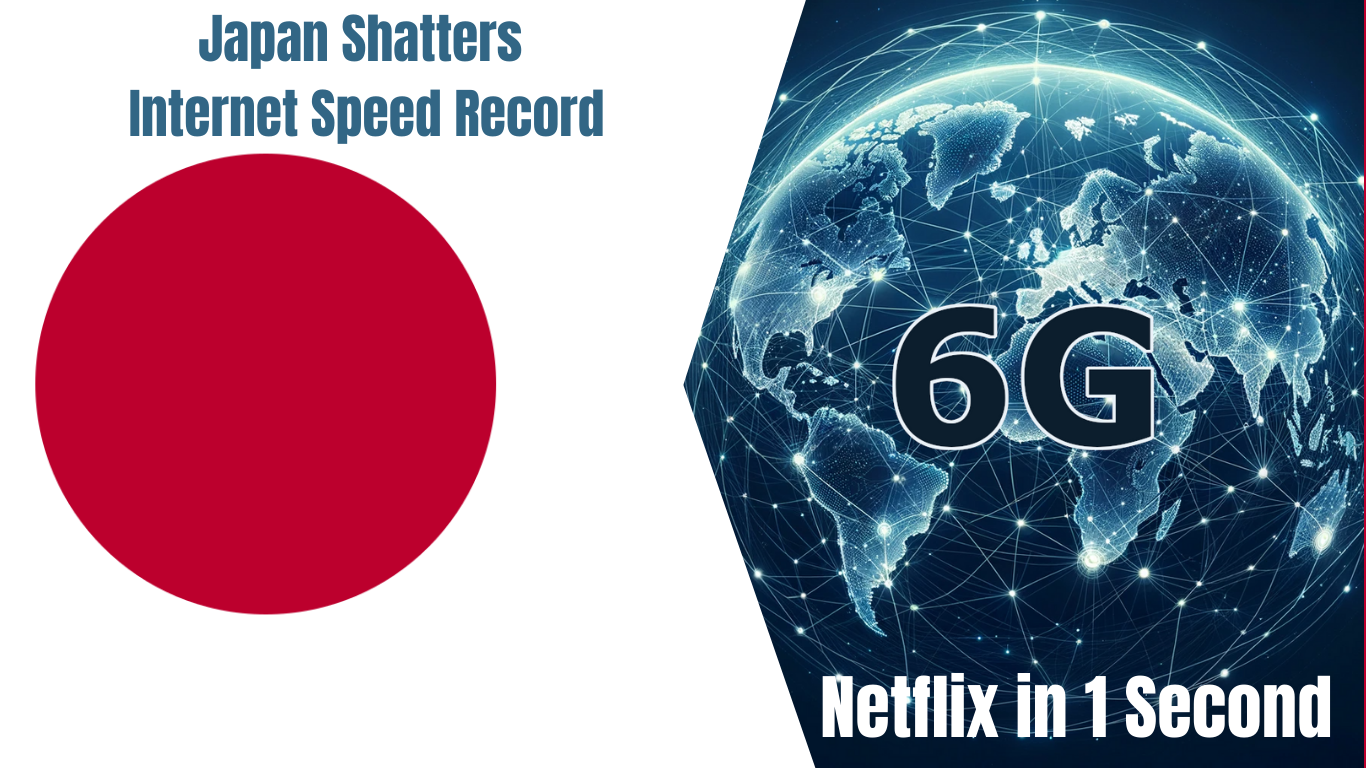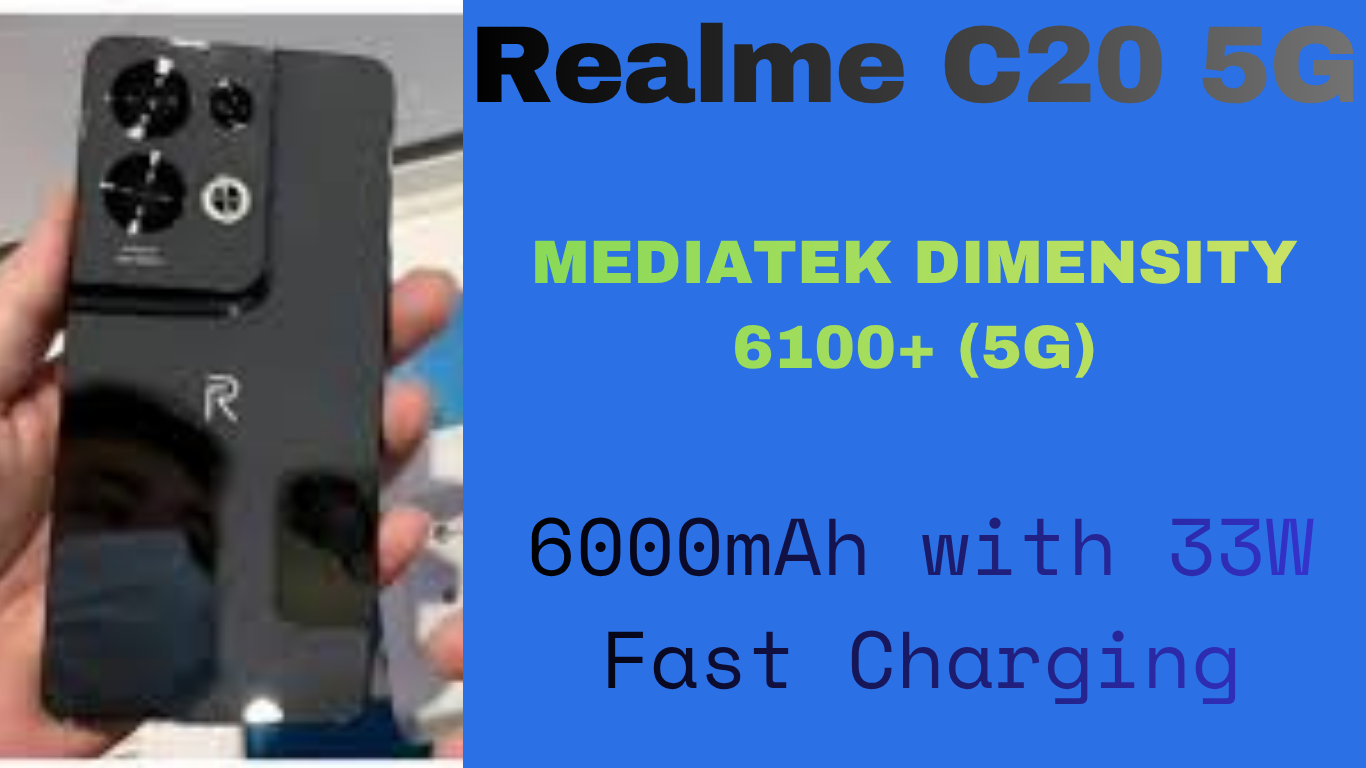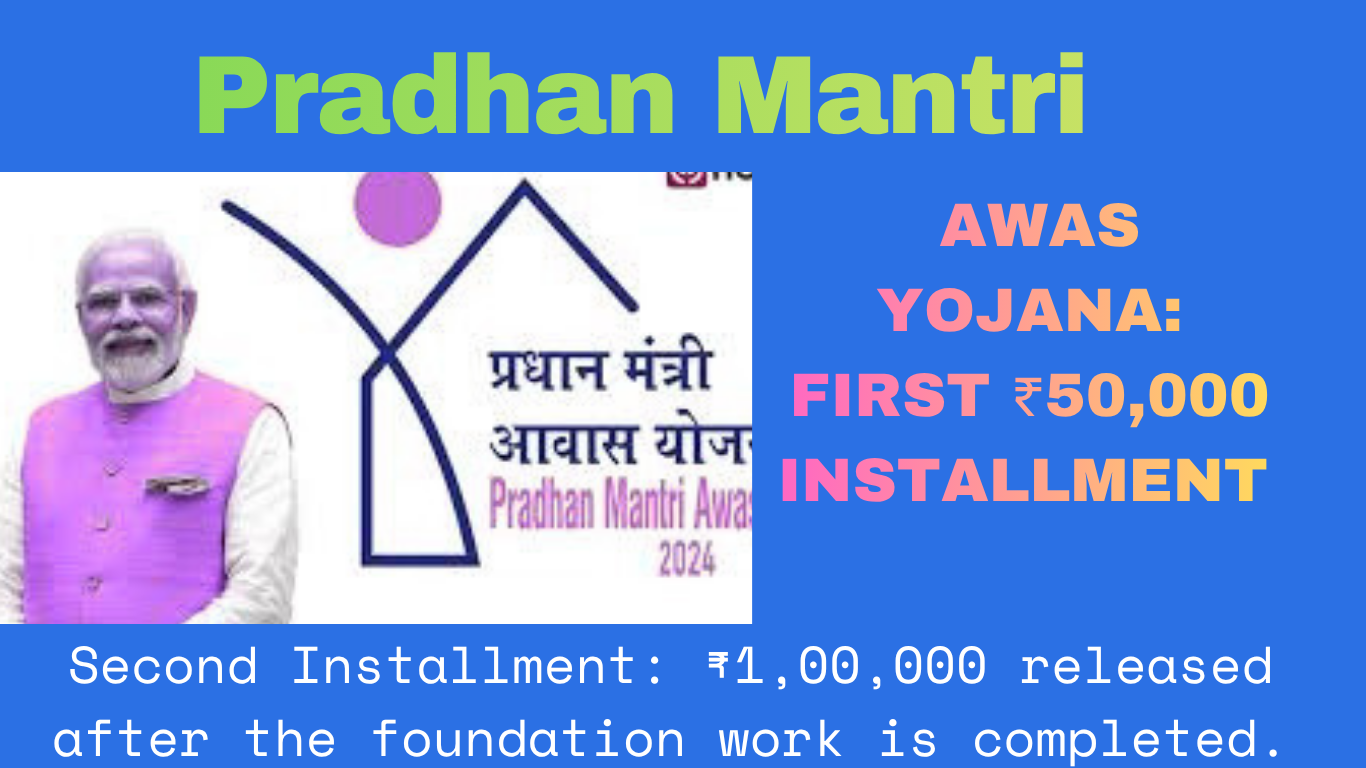Japan has once again stunned the tech world. In July 2025, researchers at the National Institute of Information and Communications Technology (NICT), along with Sumitomo Electric and European partners, achieved an astonishing internet speed record: 1.02 petabits per second (Pbps). That’s 1,020,000 gigabits every single second.
Table of Contents
Why This Matters
- Lightning speed impact: At 1.02 Pbps, you could download the entire Netflix catalogue—or the English version of Wikipedia—within one second .
- Speed comparison: This is 16 million times faster than India’s average broadband (63.55 Mbps), and 3.5 million times faster than the U.S. average .
- Record-breaking distance: The test ran over a long-haul 1,808 km—comparable to Delhi–Goa—without signal loss using innovative fiber tech .
The Tech Behind the Breakthrough
What enabled this jaw-dropping speed?
- 19-core fiber: Engineers packed 19 optical cores into a cable just 0.125 mm thick—the same diameter as standard fiber. Think of it as a 19-lane data superhighway .
- Dense wavelength multiplexing: They transmitted 180 data streams across multiple light wavelengths, looping signals 21 times through 19 segments (86.1 km each), totaling 1,808 km .
- Boosting signal integrity: Advanced amplifiers for C-band and L-band light kept the massive data clear. Receivers used MIMO digital processing to minimize cross-talk .
- Record capacity-distance: They achieved 1.86 exabits·km/sec, the highest ever with standard fiber .
What It Means for You
This isn’t just a lab stunt—it hints at what’s possible:
- Cloud and AI unleashed: Instantaneous synchronicity between data centers worldwide could turn cloud systems and AI-driven services into seamless experiences .
- 6G and beyond: Infrastructure capable of petabit speeds will be the backbone of future mobile networks, virtual reality, and metaverse ecosystems .
- Global digital highways: Think undersea cables and multinational fiber backbones running on the existing infrastructure—but with dramatically upgraded throughput .
Fun Comparisons to Connect the Dots
Here’s how this feels in real-world terms:
| Use Case | Speed at 1.02 Pbps |
| Netflix Library | Download in under 1 second |
| Spotify Music | Stream 67 million songs/sec (~127,500 years of music) |
| Steam Games | Entire Steam library in ~10 seconds |
| Wikipedia (English) | 10,000 full downloads in 1 second (~100 GB each) |
| 8K Video Streams | Millions of simultaneous feeds—no buffering |
When Will This Hit Consumers?
Here’s the honest truth:
- Laboratory breakthrough: The test ran under controlled conditions—not ready for commercial or home use .
- Infrastructure upgrades ahead: Deploying this at scale means rolling out new 19-core fiber and amplifiers—costly but true to standard dimensions .
- Timeline still years out: Experts acknowledge the promise—applications in telecom, data centers, and 6G are clear—but don’t expect petabit home broadband in the near future .
The Big Picture
This milestone isn’t just bragging rights for Japan—it sets a global precedent. It proves that ultra-high-speed data networks aren’t science fiction; they’re feasible with existing fiber infrastructure—no need to dig new trenches. That makes future deployment not just possible, but plausible.
For countries investing in digital infrastructure—like India and the U.S.—this serves as a wake-up call. To remain competitive in AI, 6G, cloud gaming, and massive IoT, upgrading fiber infrastructure is no longer optional.
Wrapping It Up
Japan’s record-breaking 1.02 Pbps internet speed signals a quantum leap into the future. It’s a vision where vast data like Netflix, Wikipedia, or megaton AI models move instantaneously—on existing infrastructure. While real-world rollout will take time and investment, the foundation is there: a 19-lane fiber superhighway ready to revolutionize global connectivity.
Bottom line: We’re not just buffering fewer videos—we’re re-engineering the digital world.
Conclusion
Japan’s 1.02 Pbps internet breakthrough isn’t just a record—it’s a glimpse into the digital future we’re racing toward. The ability to transfer entire libraries of content in a heartbeat has implications far beyond faster downloads. It opens the door to real-time AI, ultra-HD streaming for millions, and the next wave of internet infrastructure.
While this speed won’t hit homes tomorrow, the message is clear: the future of connectivity is here—and it’s fast, powerful, and built on innovation. Countries and companies that embrace this shift early will shape the digital world of tomorrow.
Keep an eye on Japan. They’re not just setting records—they’re setting the pace.
the amazing 6G and beyond Infrastructure capable of petabit speeds will be the backbone of future mobile networks, virtual reality, and metaverse ecosystems
Stay updated with the latest news and alerts — follow us at racstar.in











